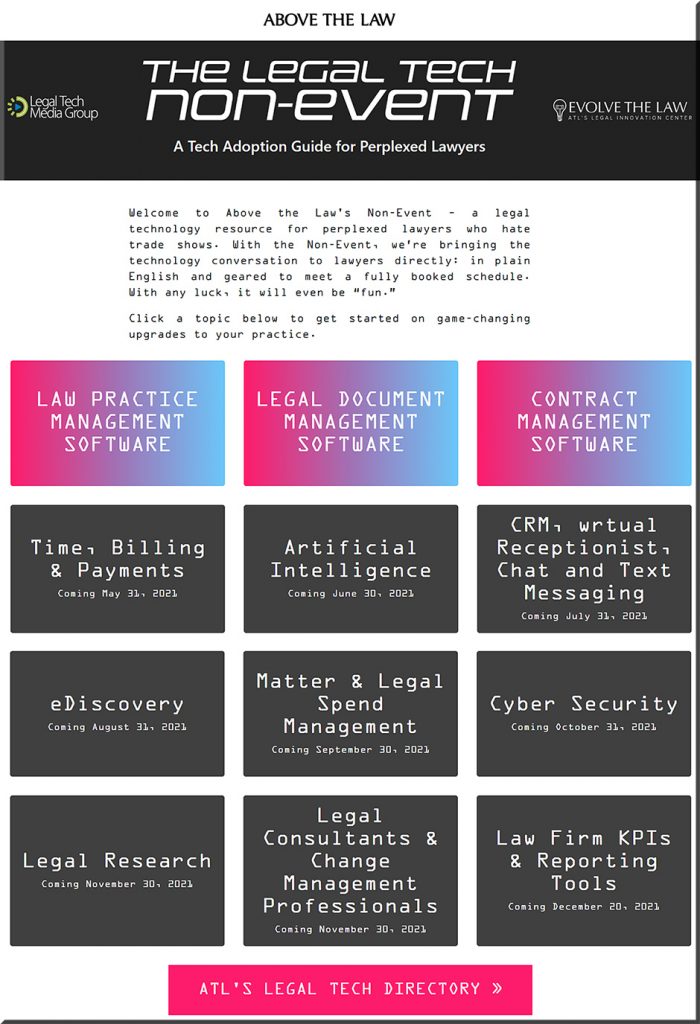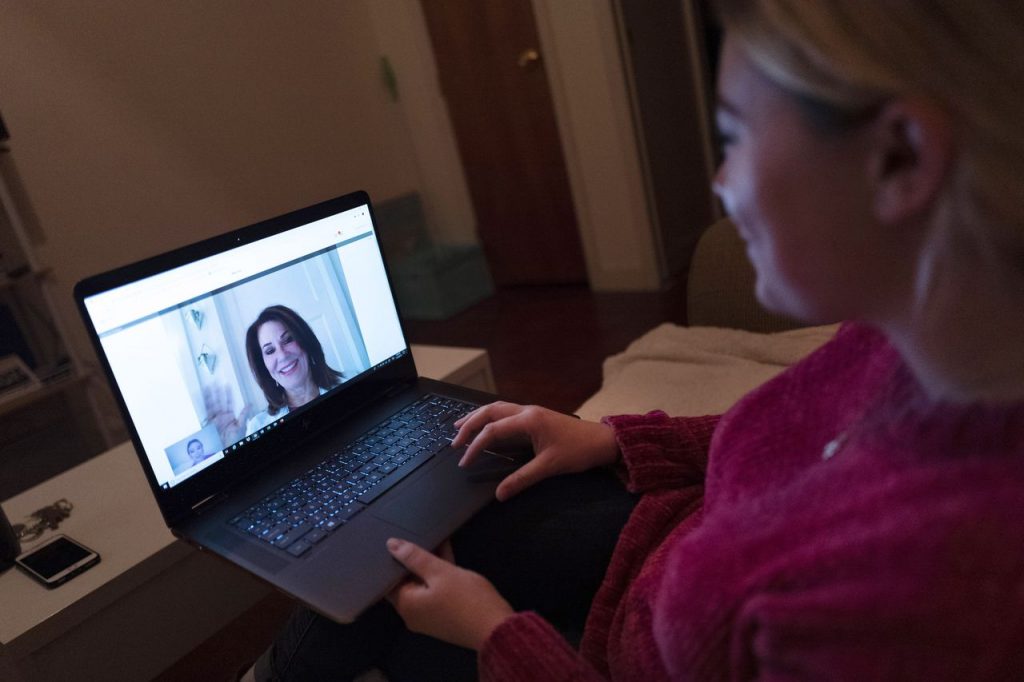Career Tracker: Virtual firms hit an industry milestone as hires continue — from reuters.com by Sara Merken & Arriana Mclymore
Virtual law firm FisherBroyles announced Tuesday that it has cracked the Am Law 200, saying it’s the first non-traditional, so-called distributed law firm to rank among the top 200 highest-grossing U.S. firms.
The 300-partner firm said its annual gross revenue reached $113 million in 2020, adding that in the last year alone it added 51 new partners “almost entirely from Am Law 100 and 200 ranked firms.” It cited the role of the pandemic, which upended expectations about remote work, in spurring its growth and accelerating the adoption of its mostly cloud-based approach to legal services.












